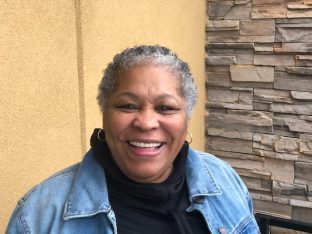 You might say “three times the charm” for new mentor Rose Green.
You might say “three times the charm” for new mentor Rose Green.
Rose first became familiar with Seattle CARES when her grandson participated for two years in The Rising at Denny International Middle School. She liked what she saw and decided to become involved with a Community Wellness Circle, a group of single moms and caregivers facilitated by Seattle CARES. Now, she has taken that one step further to become a mentor herself, working with young Rising scholars at Denny International. Her interest and determination to get involved in three different ways is a real rarity!
Recently, we asked Rose to tell us more about mentoring and what it means to her.
Why did you decide to become a mentor?
I feel like I’m helping, not just waiting for things to get better. I wanted to be a part of the change. If I keep showing up, maybe I can make a difference.
What have you learned?
I’ve learned to treat each person with respect and consideration. Each person is different. It’s about them. We don’t tell the scholars what to do. We share our experiences and provide options.
What surprised you most about mentoring?
How much I can see my younger self in them. I think if I had one person I could have gone to, maybe my life would have turned out differently.
What do you like most about the Community Wellness Circles?
At first I wasn’t sure it was for me. Now I really look forward to the meetings and enjoy the ladies. I love how we are there for each other. It’s amazing how we need each other.
How would you describe the mentor experience.
A mentor is committed, doesn’t give up and is a great listener. In return, it’s a rewarding experience.
See if mentoring is for you. Learn more here.
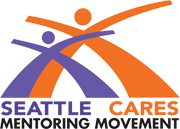

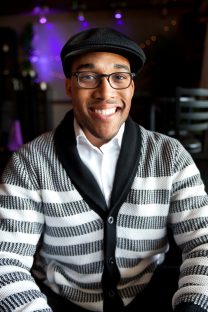 Christian, who grew up in Detroit, got interested in mentoring early on. As a middle-school student, he was asked to serve as a role model for younger students, helping them set academic goals and improve their classroom behavior. Today, he is pursuing his doctoral degree in higher education at the University of Washington, a first-generation graduate student.
Christian, who grew up in Detroit, got interested in mentoring early on. As a middle-school student, he was asked to serve as a role model for younger students, helping them set academic goals and improve their classroom behavior. Today, he is pursuing his doctoral degree in higher education at the University of Washington, a first-generation graduate student.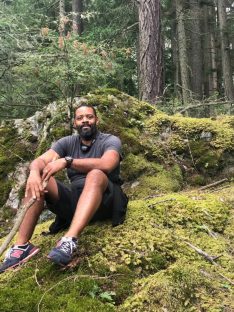 Jeff grew up in New York City and attended the University of Wisconsin on a football scholarship, graduating with a B.S. in child and family studies. He earned a second degree in computer science and lunar and planetary science at the University of Arizona. Along the way, he was a Montessori preschool teacher, a middle school math teacher, and most recently, for the past 20 years, a software engineer.
Jeff grew up in New York City and attended the University of Wisconsin on a football scholarship, graduating with a B.S. in child and family studies. He earned a second degree in computer science and lunar and planetary science at the University of Arizona. Along the way, he was a Montessori preschool teacher, a middle school math teacher, and most recently, for the past 20 years, a software engineer.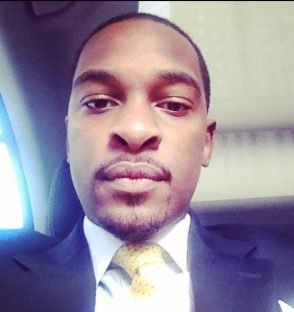
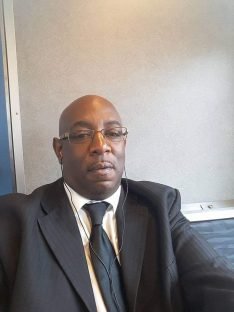 Greg Banks has been a Seattle CARES mentor since we launched
Greg Banks has been a Seattle CARES mentor since we launched